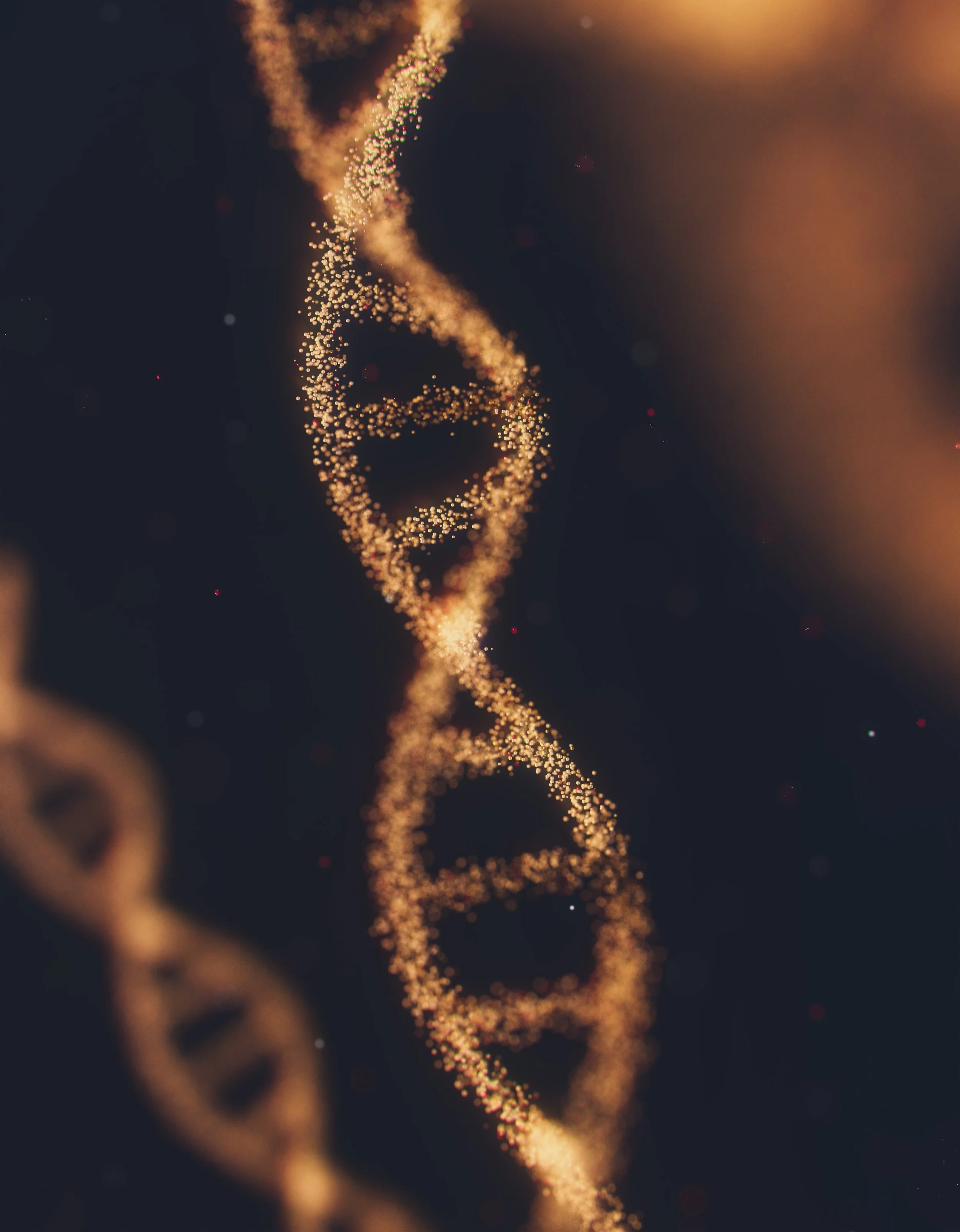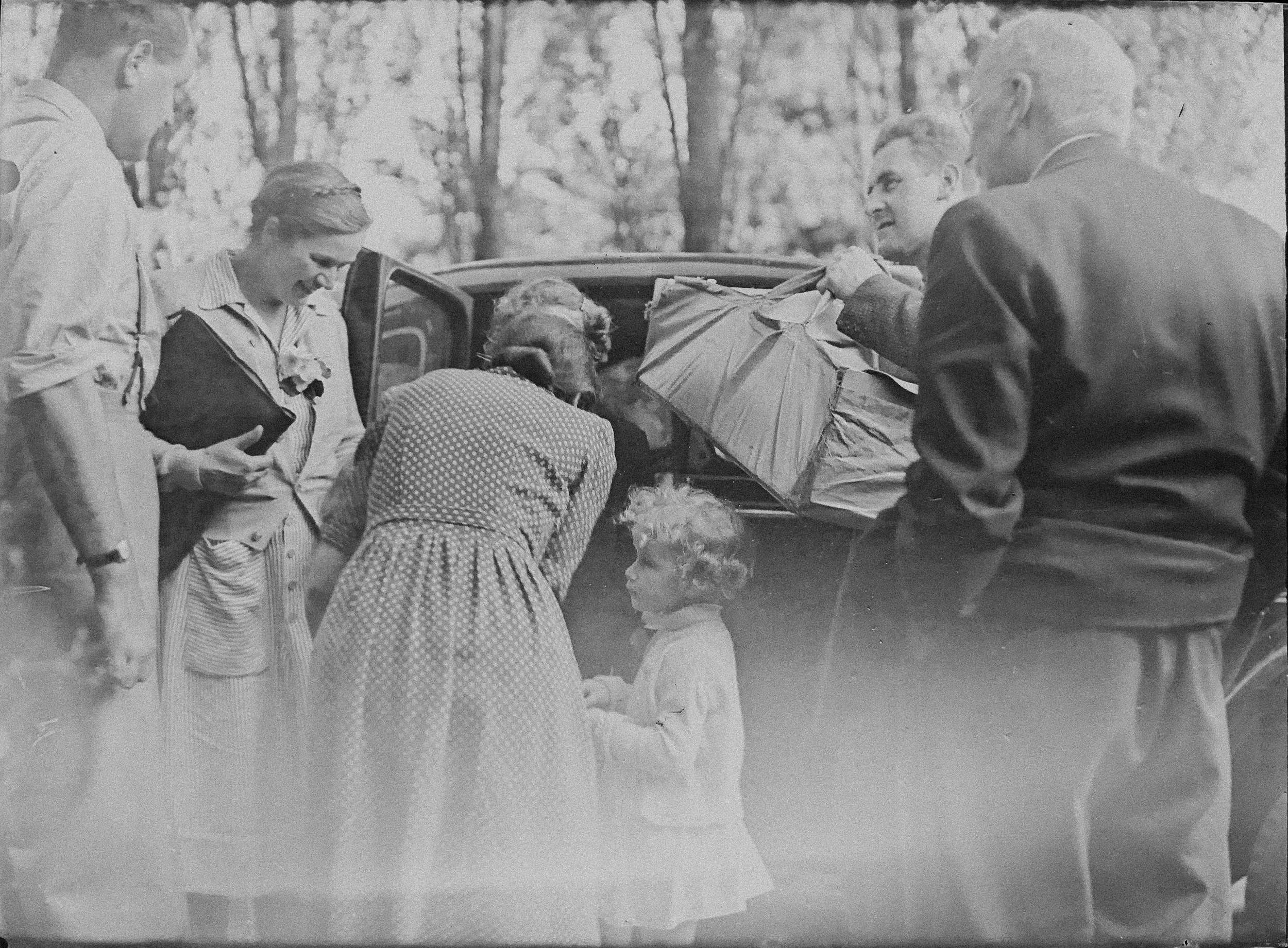How do you find your birth parents?
If you're on the journey of finding your biological parents, particularly if you need to find a biological mother or father without names, you're not alone. The process of uncovering your roots is often emotional, complex, and filled with uncertainties. It may stir up unhealed wounds or even test your limits on what you can handle. In this article, we'll address how to find your birth parents if you are adopted or perhaps a DNA test revealed an unknown biological parent or grandparent. As an adopted genealogist who found her birth family, I can assure you it is not only possible to find your unknown family, but it can also be rewarding.
1. Prepare yourself emotionally For A Biological Parent Search
Before diving into the practical steps of how to find your birth parents if you are adopted, it’s important to emotionally prepare for the outcome, whether you are seeking a biological mother, father, or both.
Finding your biological family as an adoptee can fulfill a missing component of your identity. You may feel like you don't know who you are or where you come from, and often feel disconnected in your adopted family on some level without knowing exactly why. Yet, discovering who your birth parents are can feel like a relief, but it can also stir up a slew of both positive and negative emotions.
From a genealogist’s and adoptee's perspective, I know firsthand how challenging the process can be. I always remind my clients that identifying their birth family is not the same as contacting them or trying to build a relationship. Some clients choose to stop at the point where they know the identity of their family.
But this doesn't mean the process can't still be rewarding. For example, you could learn who they are and use this information to build your family tree. That alone has been very rewarding to me—finding out where my ancestors lived, how they interacted with historical events, and more. It was surprising how I had been crossing their paths my whole life and didn’t know it—driving right past land they owned!
Knowing our close ancestral ties despite not being able to build a relationship provided more depth to my identity and made me feel more connected to my birth family.
Decide what you might want the outcome to be. Contacting your birth family can raise emotions on both sides. You might be welcomed with open arms and you may not—and either situation can be difficult. Even if you have unmet expectations, know that there are still upsides to discovering your ancestral history.
2. Each state has different laws On Adoption Records
The next tip involves requesting your adoption records, but unfortunately, this step can either be easy or challenging, and it all depends on where you live. Some states have open policies that allow you to obtain your original birth certificate if you are over the age of 18, while others have stricter laws that won't allow you to obtain the records, period.
If you are in a closed record state, finding your biological parents, especially locating a biological father without a name, can be more complex. However, through non-identifying information, DNA testing, and potential siblings or relatives also searching, there are avenues to explore.
Thankfully, things have improved, especially since the beginning of my career as a genealogist. At first, everything was inaccessible, but states such as Missouri, Indiana, Ohio, and others have all opened their records - to some degree. Let's look at a few factors below to make this journey easier for you.
Check your state
Before you begin searching for your adoption records, I strongly advise you to check the laws of your state. If you can obtain your birth certificate, please know it will likely only contain your birth mother's name. There may also be more information, including your birth father's name or medical history, but you may still need to complete further research to discover the full story.
Restricted records
Thankfully, you can possibly identify your birth parents without their names. If you're in a state with restricted records, first investigate if you can obtain non-identifying information about your adoption. This will be helpful if you later pursue DNA and genealogical research. This non-identifying information might include your mother's and father’s age, occupation, etc. Even discovering your mother's age can prove very helpful on your journey. For example, while helping one client, finding out that the birth mother was 35 years old was important—it sent our work in a different direction rather than assuming she was a teenager.
Adoption reunion registry
You can also determine whether your state has an adoption reunion registry. If your birth parents are already registered (meaning they are also looking for you), you will be notified if there is an existing match. Signing up with your state's registry is a great step to cover in your journey early on. It can prevent a lot of unnecessary hassle.
3. A genealogist can Use DNA to Identify Biological Parents
Unless you happen to get a parent match with your DNA tests (it does happen), you will probably need to enlist the help of a professional genealogist (find one you can trust). Enlisting the expertise of a genealogist can significantly ease the burden of the search. They are experienced in intricate cases, such as finding biological parents without names, or when you have hit a dead-end in your search for your biological mother or father, or your biological grandparents.
Once you complete your DNA test, you will see that you share a specific number of centimorgans (cM) of DNA with each of your matches. This may sound too scientific and a tad overwhelming, but this number is meaningful to your research.
For instance, a specific set of relationships is predicted by the number of cMs you share with a match—perhaps you are second cousins, which means that you share great-grandparents. Next, the genealogist will look at your matches as a whole—where does everyone fit genetically, and where might you fit? A genealogist can build trees for your DNA matches, help you surpass any brick walls in your research, and speed up finding your birth family.
It also takes traditional genealogical research, both to build the trees from the matches and to explore where your birth parents were at the time of your birth.
Other information to consider
Before you request your adoption records or take any DNA tests, you can also ask your adopted family for any available information, if you’re comfortable doing so. They may hold adoption files that contain information about your birth parents, such as their names, place of birth, or birth date - this is all important information that can aid your search.
Some families also maintain contact with the lawyer or organization that facilitated your adoption, making the process quicker and more effective. If you’re worried about how your family might react, assure them of your intentions and curiosity to know a deeper part of who you are.
Remember, whether you’re finding your biological father, searching for your biological mother, or uncovering both parents’ identities, the journey can be life-changing. You’re not alone, and professional guidance is available. We will start by reviewing your search so far, and taking a look at your DNA matches. Most of the time, an individual born in the U.S. will have enough matches to successfully identify biological parents. Schedule a free consultation today for personalized advice on your search.




